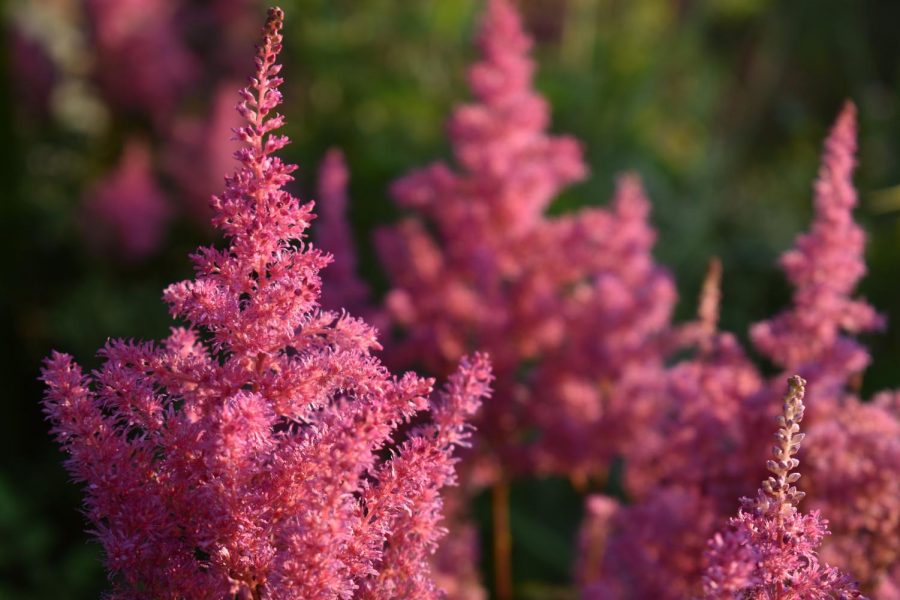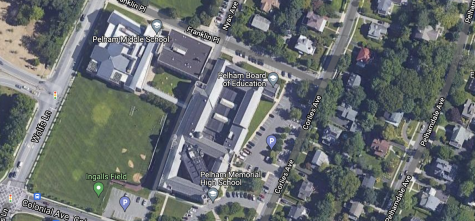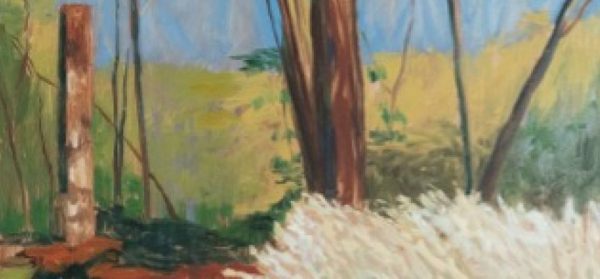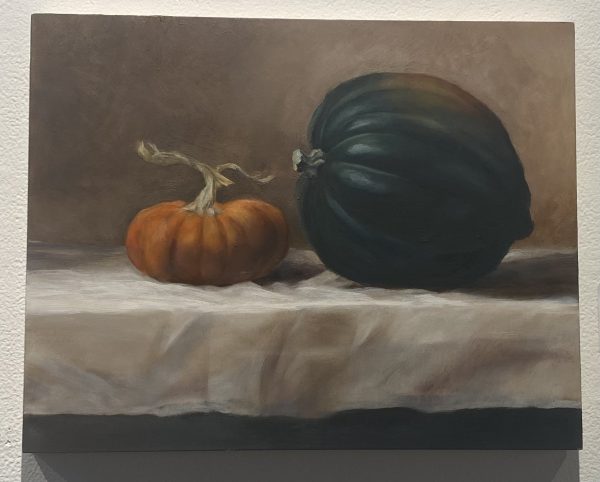Take ecosystem approach to gardening, says expert on climate-smart task force’s Zoom session
American gardeners often use chemicals such as pesticides that are harmful to local animals and the ecosystem.
The Village of Pelham Climate Smart Communities Task Force hosted a June 24 Zoom session co-sponsored by EcoPel to educate people about how they can make their landscape beautiful while taking an ecosystem approach to gardening.
One million species face extinction because of this problem, said presenter Kim Eierman. She is an environmental horticulturist who specializes in ecological landscapes and native plants and also the founder of EcoBeneficial.
From 1970 to 2014, more than 60% of vertebrate species became extinct, while 45% of invertebrates disappeared, said Eierman. In one year, 53% of Eastern Monarchs were lost.
According to Eierman, part of the blame is due to agricultural practices, where chemicals are used to kill all the plant life except for a specific crop.
Eierman said that plants that are food for moths and butterflies have been destroyed. And gardeners sometimes favor exotic plants over native plants even though native plants are the better ecological choice because native plants can provide food and act as host plants for pollinators.
“We need to do better,” Eierman said. “Every species is connected in some way or another.”
According to NASA, lawns are the most used irrigated crop in America. Eierman’s presentation reported people use ten times the amount of chemicals on their lawns compared with what farmers do on their fields.
“This needs to stop.”
Here are some tips from Eierman to take a better ecosystem approach in your garden:
- Skip synthetic fertilizers and only use organic fertilizers when necessary.
- Use compost (this is nature’s mulch).
- Layers matter! Use layers to improve your garden to create a better habitat for many species of creatures.
- Limit the use of exotic plants.
- Get to know native plants near you.
- If you want butterflies, plant for caterpillars.
- If you want birds, plant for insects.
- Use natural forms of plants for the best ecosystem function.
- Avoid double-flowered plants. They have less nectar, pollen and seed. Pollinators may not be able to access the material they need.
- Plant in the right place and right time.
- Support nature’s pest control—yellow jackets, lady beetles—by planting native plants.
- Embrace biodiversity. Plant diversity equals animal diversity.
- Emphasize multi-function plants such as blueberries. Blueberries provide fruit for birds and are also a host plant for larva.
- Remove invasive plants.
- Provide a water source for animals in your garden.
- Grow many plants together. Don’t have one type of plant all by itself.
“Every landscape matters,” said Eierman.
Kiran Schwaderer is a junior at Pelham Memorial High School. She has been part of the Pelham Examiner since fifth grade. She enjoys playing the flute in...
Katja Fair participated in the science research program with an interest in neurology and animal science and has completed two independent research projects...









Kristin Bidwell • Jul 1, 2020 at 6:13 pm
Can’t love this enough. The number of signs I see in town from pesticide applications is frightening, particularly with the uptick in cancer cases locally. They are known carcinogens. Go organic!